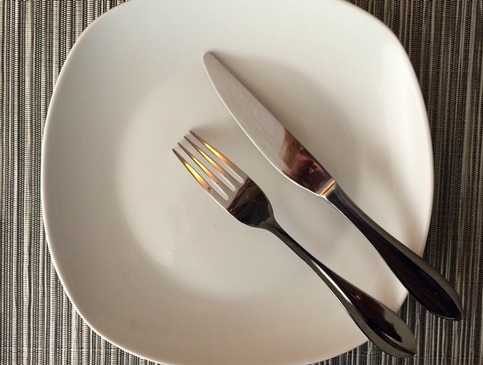Chivalry in the Modern Age
 Image Source: manopphimsit; "Silhouette of couple teamwork hiker helping each other on top of mountain.", 2024. Accessed via https://www.123RF.com/photo_90536179, Standard License.
Image Source: manopphimsit; "Silhouette of couple teamwork hiker helping each other on top of mountain.", 2024. Accessed via https://www.123RF.com/photo_90536179, Standard License.The concept of chivalry has evolved significantly since its medieval origins as a code of conduct for knights. Discussions of chivalry in the modern age often spark debate about gender roles, social expectations, and the intersection of traditional values with modern equality. As someone who believes in equality of personhood, the thought of requiring people to believe in and practice customs of chivalry may seem odd. But let's explore how chivalry has transformed in the 21st century and examine its relationship with feminism and basic civility.
The Evolution of Chivalric Values
The word chivalry brings to mind gallant knights rescuing damsels in distress. Although the word itself is still closely connected to the order of knighthood, it feels a bit antiquated when associated with rescuing or extending courtesies to women.
When the feminist movement went into full swing in the 1970s, some women began rejecting acts of chivalry. Until then, men were known to:
- Hold doors open
- Take a lady’s coat when they were out and be responsible for getting it back to her (and putting her back into it)
- Carry books, bags, and packages
- Help push a lady’s chair in when she sits down at a table
- Open car doors
- Stand when a lady entered a room, or when she stood, and remain standing until she sat
- Shake a lady’s hand only when she offered it first
Each of these acts are admirable and based on the desire to show respect. But from a modern perception, they may also highlight the idea that women are weak or vulnerable. Over time, as the appreciation for these indulgences faded, many men have ceased extending them. Thus, leading to the lament, “Chivalry is dead.”
The Equality Adjustment
The feminist and civil rights movements have significantly influenced how society views chivalrous behavior. Critics argue that traditional chivalry perpetuates gender stereotypes and implies women need protection or special treatment. However, chivalry in the modern age advocates for a reformed understanding of the tradition that aligns with equality.
When I referred to my collection of etiquette books for opinions on this topic, I failed to find the word “chivalry,” except in Letitia Baldridge’s New Complete Guide to Executive Manners. The chapter title is, “Chivalry Isn’t Dead. It’s Just No Longer Gender-Based.”
What a revelation!
Key changes in chivalric practices influenced by equality include:
- Recognition that anyone can perform acts of courtesy
- Emphasis on consent and personal preference
- Rejection of behaviors that assume feminine weakness
- Focus on mutual respect rather than protective behavior
- Consideration for others regardless of their individuality
- Situational awareness and appropriate assistance
- Recognition of individual autonomy and preferences
Though we still have a way to go as far as equality goes, there is no reason to exclude kindness and consideration to everyone equally. Think of it this way: if “chivalry” is used synonymously with “civility”, then it isn’t dead at all!
In an equally chivalrous society, expressions of courtesy may look like this:
- If you arrive at a door first, open it for the person behind you
- If you are closest to the elevator door when it opens, you exit first, or step out or aside so those exiting can get by you
- Noticing others have been standing for a bit, you offer your seat
- If someone is having a difficult time with a chair, you assist that person as a kind gesture
- When you tell someone you intend to do something, you keep your word
- Extend your hand for a friendly handshake when meeting or greeting someone
Modern relationships benefit from combining the best aspects of both chivalry and civility. This balanced approach focuses on:
- Mutual consideration: Both partners showing care and respect
- Situational awareness: Recognizing when help is needed
- Personal choice: Respecting individual preferences about traditional gestures
- Equal partnership: Sharing responsibilities and courtesies
A Continuous Evolution
Chivalry in the modern age represents an evolving set of values that combines traditional courtesy with civil equality in our day. The degree of this evolution will be determined by our individual attitudes and acceptance of one another, while maintaining civility's core focus on respect and consideration for others.
Respect for our fellow humans is anchored in kindness and compassion. When applied thoughtfully, modern chivalry and etiquette rules enhance rather than contradict principles of equality. It shows that consideration for others enhances our commitment to treating everyone with respect and dignity.














